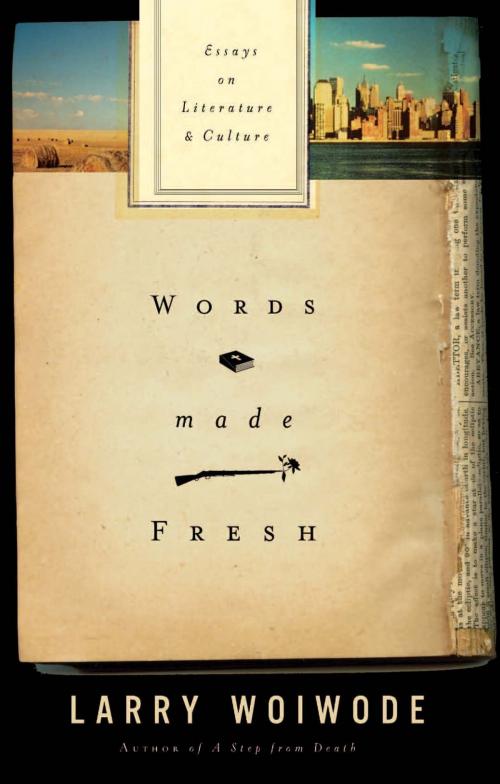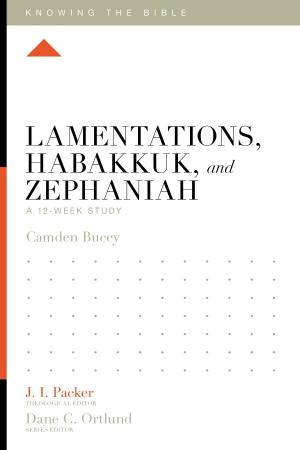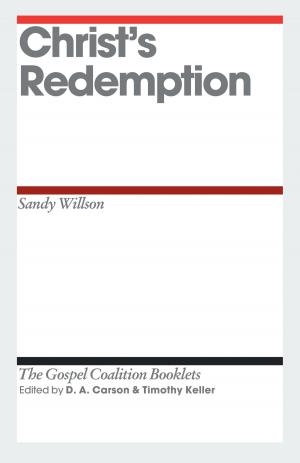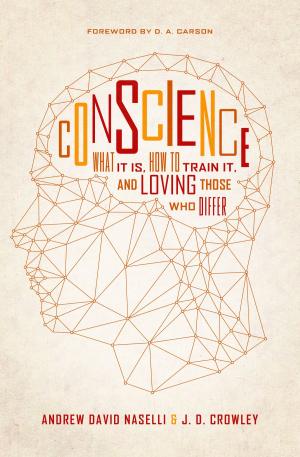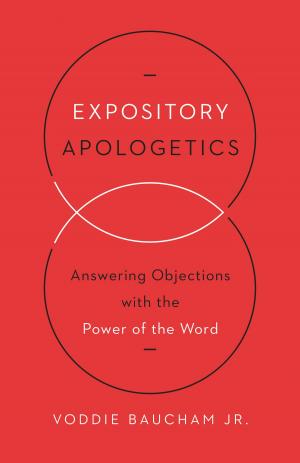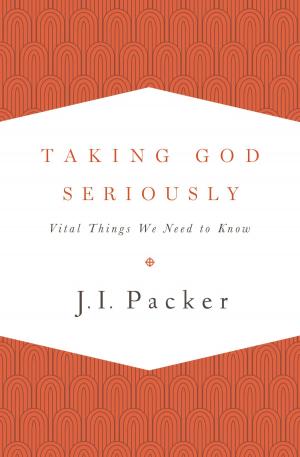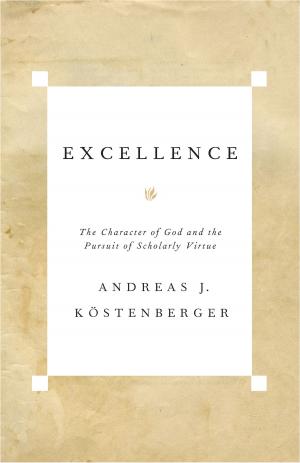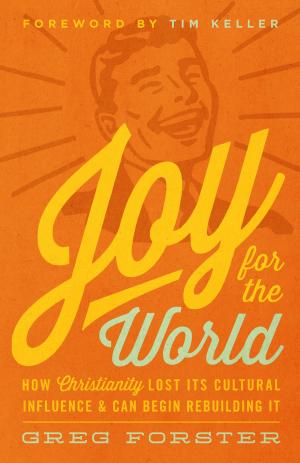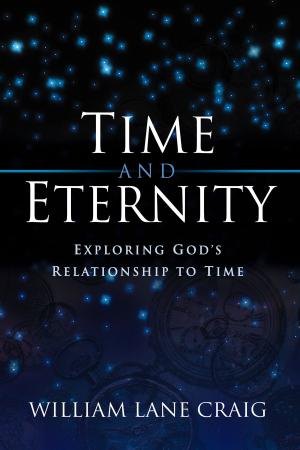| Author: | ISBN: | 9781433527401 | |
| Publisher: | Crossway | Publication: | July 31, 2011 |
| Imprint: | Language: | English |
| Author: | |
| ISBN: | 9781433527401 |
| Publisher: | Crossway |
| Publication: | July 31, 2011 |
| Imprint: | |
| Language: | English |
A collection of essays reflecting on the words and places—cultural, spiritual, and literary—that shape us in the image of the incarnate God. Larry Woiwode frames this new collection of essays in the language of the incarnation, the event that shows “how a metaphor of words could contain the lineaments and inner workings of a human being.” The essays that follow do just that. Through the medium of literary analysis, cultural reflection, and personal memory, they trace Woiwode’s work and thought as well as that of the vivid human beings he depicts. These essays, all revised and reworked since their original publication, include reflections on Scripture translation, the place of religion in education, how John Updike’s work reflects the theology of Søren Kierkegaard and Karl Barth, and the difference between the news as delivered by CNN and Bob Dylan. Woiwode ranges over these topics with deliberate thoughtfulness, a Christian engaged with the wounds and gifts of the world. He also does so with the care of a writer for whom “the Word is home.” The shape of that Word sets the pattern for what he has written here: not “a set of rules to regulate social behavior,” but “an ordering of stories . . . with glimpses into character.”
A collection of essays reflecting on the words and places—cultural, spiritual, and literary—that shape us in the image of the incarnate God. Larry Woiwode frames this new collection of essays in the language of the incarnation, the event that shows “how a metaphor of words could contain the lineaments and inner workings of a human being.” The essays that follow do just that. Through the medium of literary analysis, cultural reflection, and personal memory, they trace Woiwode’s work and thought as well as that of the vivid human beings he depicts. These essays, all revised and reworked since their original publication, include reflections on Scripture translation, the place of religion in education, how John Updike’s work reflects the theology of Søren Kierkegaard and Karl Barth, and the difference between the news as delivered by CNN and Bob Dylan. Woiwode ranges over these topics with deliberate thoughtfulness, a Christian engaged with the wounds and gifts of the world. He also does so with the care of a writer for whom “the Word is home.” The shape of that Word sets the pattern for what he has written here: not “a set of rules to regulate social behavior,” but “an ordering of stories . . . with glimpses into character.”
